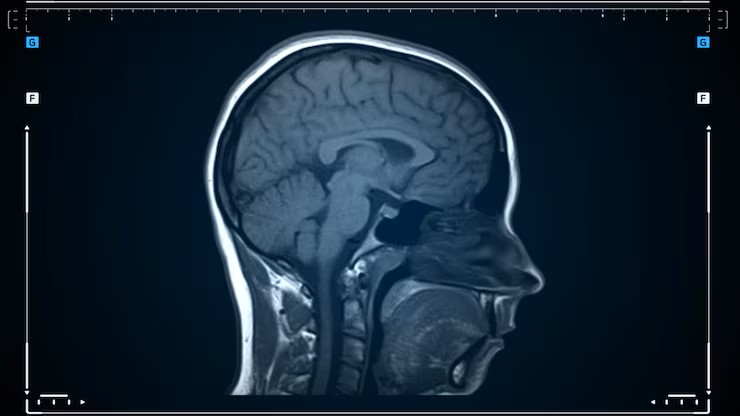A first-of-its-kind European study from the Metabolic Psychiatry Hub, supported by the Baszucki Group, shows that a ketogenic diet may lead to mental and physical health benefits.
What did the study show?
The 20 participants who completed the study, all diagnosed with bipolar disorder, on average lost 4.2 kg, and had reduction in blood pressure levels. But the researchers also observed preliminary indications that the diet had an effect on mood and energy.
A ketogenic diet generates molecules called ketones in the blood-stream which can act as an energy source in the brain. In the study, higher ketone levels were correlated with improvements in daily self-assessments of mood, energy, impulsivity, and anxiety.
Why does this happen?
To understand this process better, researchers imaged the brains of participants.
Certain neurotransmitters such as glutamate are higher in the brain of someone with bipolar disorder, compared with someone who doesn’t have the condition. Particularly in two areas - the anterior cingulate cortex and posterior cingulate cortex. Participants’ brains showed reductions in glutamate in these locations, suggesting a potential mechanism behind the ketogenic diet's effectiveness.

Dr Iain Campbell, a co-principal investigator on the study says:
“The Ketogenic Diet is an established treatment for refractory epilepsy which is characterised by elevated glutamate. Bipolar disorder is often treated with epilepsy medications which act on glutamate-related mechanisms. It was interesting, given this context, to observe significant reductions in brain glutamate while on a ketogenic diet.
Overall, these results add to a small but growing body of evidence suggesting that a ketogenic diet may be a safe and effective intervention for bipolar disorder, alongside existing medications.”
How was the research done?
The ketogenic diet involves significantly reducing carbohydrates in the diet and replacing with large amounts of fats, found in foods like butter and avocado. Participants followed a modified ketogenic diet for 6 – 8 weeks. This meant their diet had 60–75% of calories from fats, 5–7% from carbohydrates, and the remainder from protein.
The team used Ecological Momentary Assessment (EMA), which involves repeatedly collecting data in real-time, in a person's natural environment, about their current experiences, behaviours, and thoughts. This can be through regular prompts on a person’s phone which asks them to record their feelings at that time.
What does this mean for people with bipolar disorder?
This research suggests the potential of using metabolic treatments such as the ketogenic diet, alongside existing bipolar medications. Indeed, it is now being studied for SMI in more than 20 clinical trials around the world. However, you should consult a health professional before making significant changes to your diet.
The Metabolic Psychiatry Hub is now continuing this work researching the connections between metabolism and mental health to better understand the links.


MHP Research Summit Hot Topic: Collaboration

MHP Research Summit Hot Topic: PPIE


